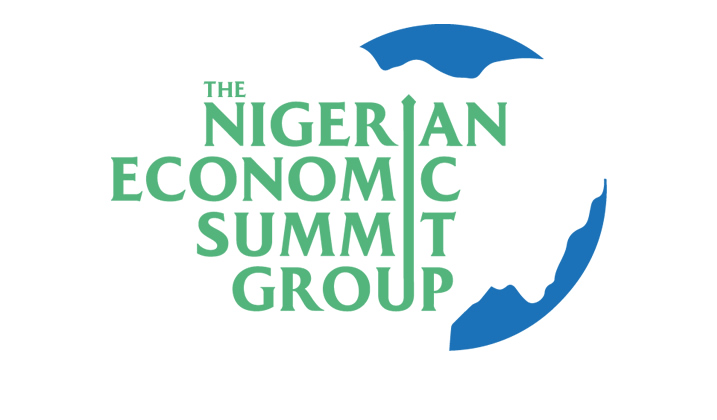The Nigerian Economic Summit Group has stated that the country’s infrastructure deficits are a major barrier to its economic growth, limiting productivity and discouraging investment.
This came ahead of the 31st Nigerian Economic Summit (NES #31), scheduled for October 6–8, 2025.The event will explore “Building Infrastructure for Competitiveness”, underlining the crucial role that infrastructure plays in improving economic efficiency, attracting investment, and enhancing the quality of life for citizens.
In a statement on Thursday by the acting Head of Strategic Communication & Advocacy at NESG, Ayanyinka Ayanlowo, the NESG emphasised that well-developed infrastructure is essential to lowering the cost of doing business, expanding market access, and generating job opportunities across various sectors.
However, Nigeria’s infrastructure deficits, particularly in transportation, energy, water, and digital connectivity, have been significant obstacles to productivity and private sector participation.
The statement read, “A well-developed infrastructure system is essential for reducing the cost of doing business, expanding market access, and stimulating job creation across sectors. In Nigeria, inadequate infrastructure in areas such as transport, energy, water, and digital connectivity has constrained productivity and discouraged private sector participation.”
The statement noted that infrastructure competitiveness is necessary to boost industrial productivity, facilitate regional trade, and improve the mobility of goods, services, and labour.
Also, it stated that improving infrastructure can strengthen national security and enhance access to crucial services such as healthcare and education. The NESG aims to address these infrastructure deficits at the summit and explore solutions that will help unlock Nigeria’s economic potential.
“Infrastructure competitiveness boosts industrial productivity, facilitates regional trade, and enhances the mobility of goods, services, and labour. It also strengthens national security and improves social outcomes by expanding access to essential services such as healthcare and education.
“The summit will provide a platform to explore innovative financing models, public-private partnerships, and sustainable technologies to close the infrastructure gap,” the statement added.
The group also noted that the conversation at NES #31 will align with Nigeria’s broader development goals, focusing on how the country can implement resilient and future-ready infrastructure systems.
According to the NESG, the conversation will explore ways to unlock private sector capital and expertise for infrastructure delivery, leverage reforms to improve project execution, and promote investments in climate-smart and digital infrastructure.
Also, it highlighted the need for strengthening institutional capacity for infrastructure planning and governance. The group also called for a collaborative effort from both the public and private sectors to build high-impact infrastructure projects that can drive economic transformation and social inclusion.














